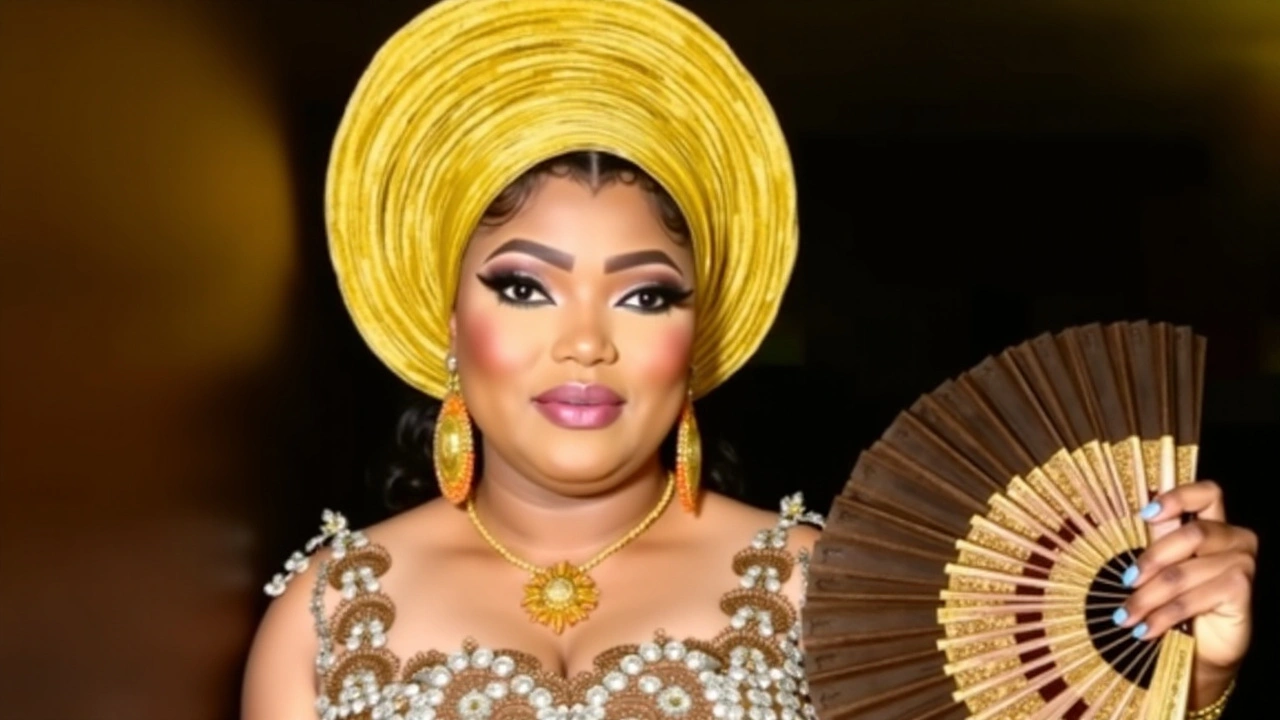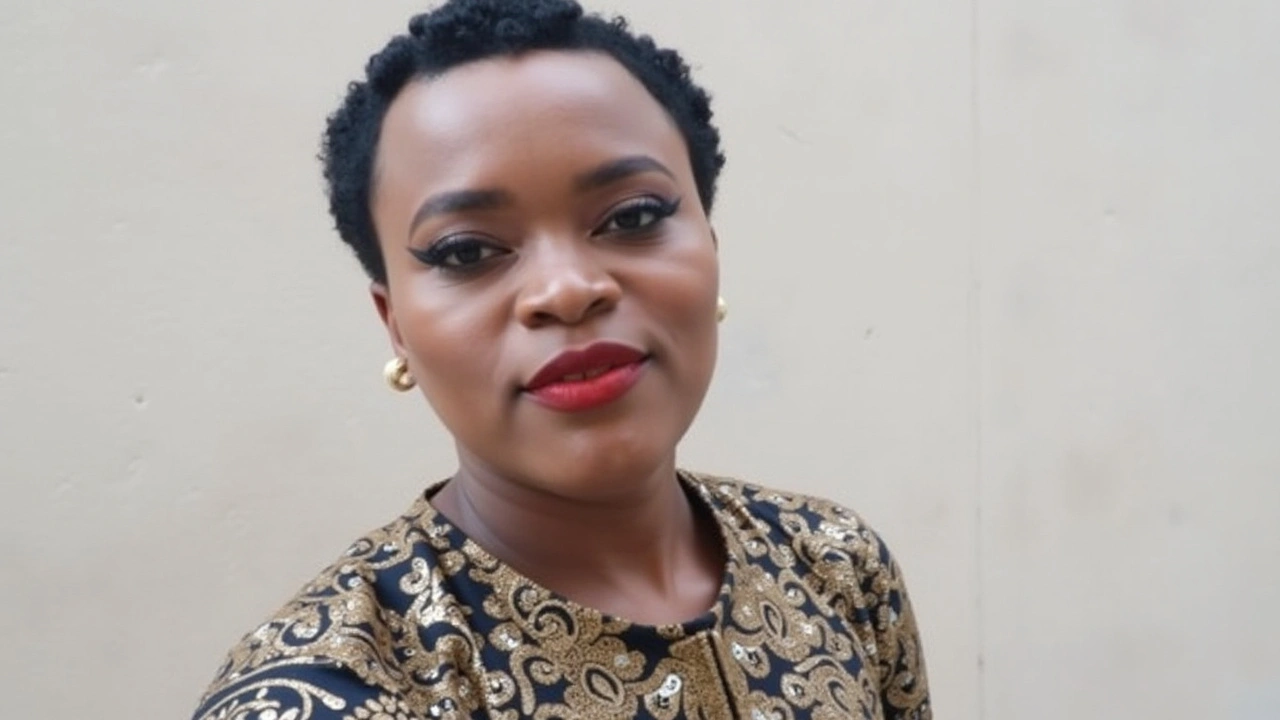Bobrisky Cleared: Nigeria's FG Panel Exonerates Crossdresser from Prison Scandal
 Oct, 21 2024
Oct, 21 2024
Introduction
The saga surrounding the arrest and incarceration of Idris Okuneye, widely known as Bobrisky, has been under intense scrutiny in recent months. Allegations had surfaced concerning supposed corruption within Nigeria’s correctional services. An investigative panel, spearheaded by Nigeria's Minister of Interior, Olubunmi Tunji-Ojo, was formed to delve into these allegations and clear any misconceptions about the prison experiences of the popular crossdresser.
Genesis of the Allegations
The controversy took root after an audio recording by social critic Martins Ortse, known online as VeryDarkMan, made its rounds in social media. The recording suggested a series of bribes and preferential treatment that purportedly facilitated Bobrisky's ability to serve his sentence outside of a traditional prison setting. Details of the rumors involved payments to officials of the Economic and Financial Crimes Commission (EFCC) and protection by an influential “godfather” within the Nigerian Correctional Service.
Establishment of the Investigative Panel
In response to the controversy, the Nigerian government took decisive steps to address the reputational damage these claims posed. Chaired by Magdalena Ajani, the Permanent Secretary of the Ministry of Interior, the panel was tasked with a thorough inquiry. Their mandate was to uncover the truth behind the allegations and assess the integrity of the correction system during Bobrisky's incarceration. Their primary objective was to restore public confidence in the Nigerian Correctional Service.

Findings from the Panels
The panel's findings depicted a narrative starkly different from the allegations. Documentation and witness testimony showed that Bobrisky’s incarceration was primarily at correctional facilities, contradicting the claims of outside accommodation. These included transfers among Kuje Custodial Centre, Medium Security Custodial Centre in Kirikiri-Apapa, Lagos, and ultimately a Maximum Security Custodial Centre.
The Privileges Debate
While the panel confirmed that Bobrisky had completed his sentence as required, it also revealed some troubling aspects of his incarceration. Bobrisky had enjoyed certain privileges not typically extended to other inmates. He resided in a single, furnished cell with amenities such as a humidifier. The crossdresser also benefited from access to a fridge, television, and possibly a mobile phone. Additionally, Bobrisky received frequent visits from family and friends, self-feeding privileges, and had inmates assigned to run errands, highlighting a disparity in treatment.
Legal and Ethical Considerations
Even as Bobrisky was transported to a maximum-security facility, the panel underscored the legal concerns tied to this decision. Being a first-time offender, his transfer was deemed contrary to the stipulations of sections 164A and 164B of the Nigerian Correctional Service Act of 2019. This brought to light a broader conversation about fairness and consistency in the application of legal standards across different socio-economic classes.

Panel's Recommendations
In light of its findings, the investigative panel put forward several recommendations aimed at reforming the operational standards of Nigeria's correctional facilities. It stressed the need for clear and consistent guidelines governing inmate treatment and highlighted the urgency to combat any perceived inequalities in the correctional process. These guidelines intend to create a system where no inmate advantages or disadvantages arise based on socio-economic standing.
Conclusion
The investigation into Bobrisky's alleged preferential treatment during his prison term generated national debate but ultimately resulted in an exoneration from the FG panel. The inquiry revealed systemic benefits he received, yet validated his adherence to serving his jail term in designated correctional facilities. As Nigeria strives for equitable justice, this case underscores the complexity and necessity of transparent, uniform regulations to foster trust in the country's judicial and correctional processes.